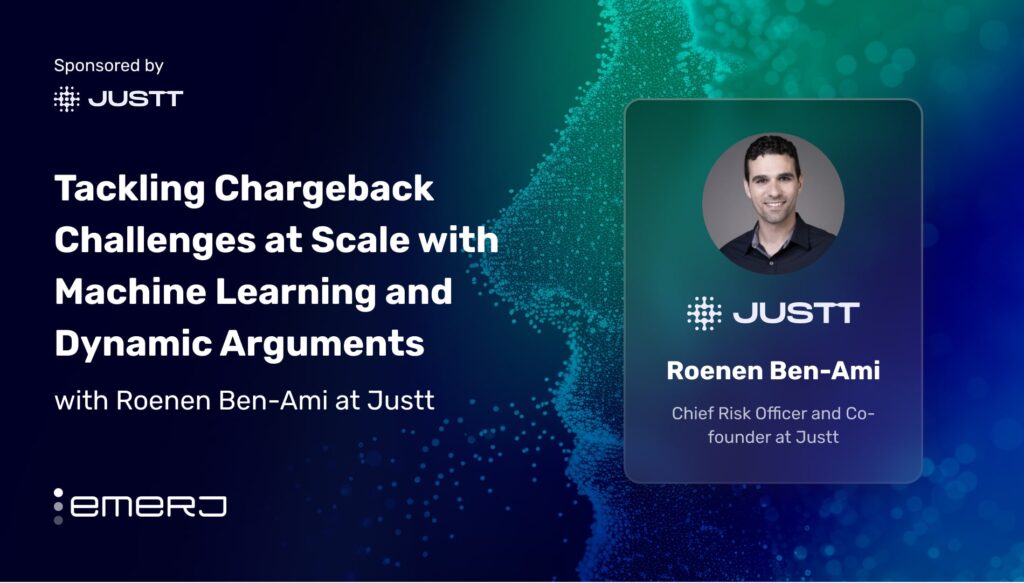1 – Google Reveals Its New “RankBrain” Artificial Intelligence System
Google went public this week with the announcement of its new AI system, Rankbrain, which it uses for its challenging search queries. The system helps interpret about 15% of phrases that are unfamiliar to the search engine. Google remarked that this program is responsible for a “very large fraction” of the queries that it receives daily through its search engine. RankBrain embeds large quantities of written language into vectors (mathematical tools), which the computer can then understand. When the AI spots an unknown word, it can infer about words that could have a meaning and then sort results based on this information.
(Read the full article on BloombergBusiness)
2 – Intel Is Building Artificial Smarts Right Into Its Chips
Intel has spent much of the last half decade acquiring companies to help improve its chip technology. On Monday, Intel announced its most recent purchase of Saffron Technology, which extracts information from big data using algorithms based on the the brain’s inner workings. This AI is not deep learning, but a technique called associative memory. Its roots are in the software industry, and it got its start in 1999 selling software to the Department of Defense, including a system for predicting roadside bombs in Iraq. Intel intends to use Saffron’s cognitive computing technology in its consumer devices to help sense, and make sense of, complex information in real-time.
(Read the full article on Wired)
3 – Automation, Innovation to Reshape Infosys: Sikka
Infosys, a global company in consulting, technology, and outsourcing next-generation services, announced that it has in the past year successfully used automation to mechanize its work processes. CEO and Managing Director Vishal Sikka made the announcement during the keynote speech he delivered at the Oracle OpenWorld in San Francisco. Sikka noted that this automation has enabled the company to remove and save 1,200 people from long-term projects. He said that AI has the unique capability for increasing profitability and revenue and augmenting human capability at the same time.
(Read the full article on Business Standard)
4 – Ronnie Screwvala’s Unilazer Seedfunds AI Startup Niki.ai
India-based Unilazer Ventures made an undisclosed investment in start-up AI company Niki.ai. Owned by Techbins Solutions Pvt Ltd, Niki.ai is creating a bot called Niki that lets users order almost anything through a chat interface. The company cites that the product is successful in reserving Uber cabs and has a unique in-chat payment option via the Paytm wallet. Niki.ai’s focus is on commerce and on using AI to help cull the slew of content that consumers receive on their devices regularly, and steer consumers toward more personalized decisions.
(Read the full article on VCCircle)
5 – Artificial Intelligence Finds Messy Galaxies
Australian National University PhD student Elise Hampton developed an AI program to help identify “messy” galaxies. Hampton built her program based on the idea of neural networks, which work as a connected set of individual processors. Elise described the technology:
“The program took eight minutes to analyse 300,000 data points from 1,188 galaxies. For one person to do it would have taken years.”
Artificial Neural Networks are also similar to neurons in that they are adaptive and capable of learning. Hampton’s program was the first approach to be successful in automating the analysis of the galaxy spectra data measured by robotic telescopes.
(Read the full article on Australian National University)















